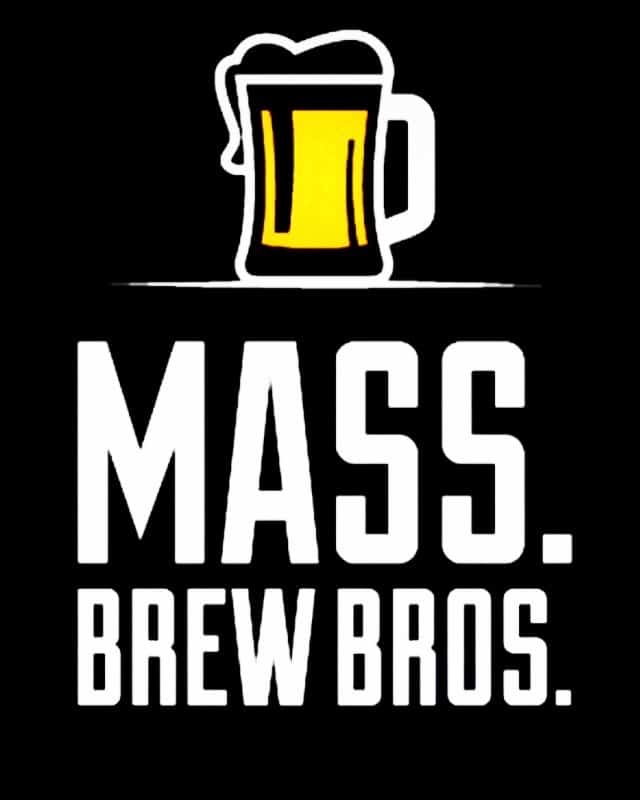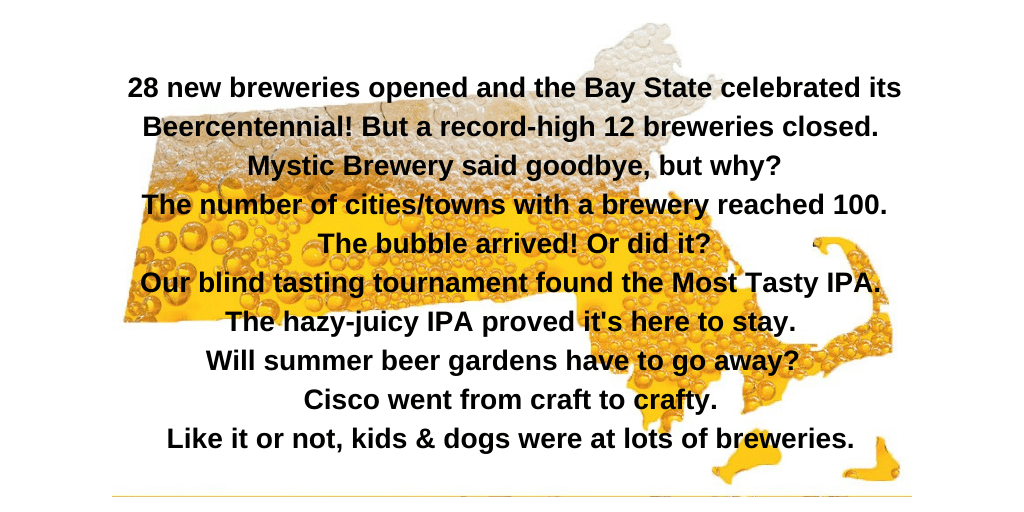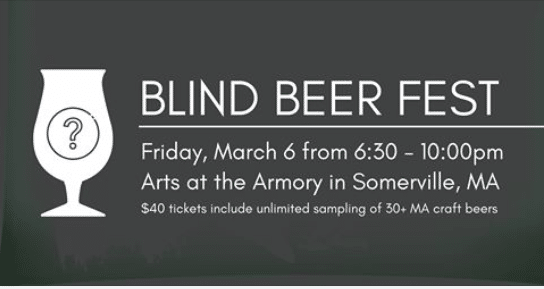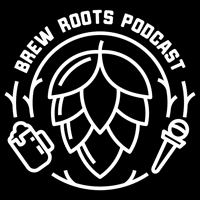Another year of craft beer is in the books, and here in Massachusetts it was a doozy. We thought it might be fun to look back at some of the most notable highlights, including the good, the bad, and the ugly. So here goes: our take on 38 things that happened in craft beer, around here, and what we make of it.
More New Breweries, More New Taprooms
-
- Massachusetts celebrated its “Beercentennial” with 28 new breweries opening across the state, briefly running the total brewery count over 200.
- Nine other existing breweries added taprooms: Vitamin Sea Brewing in Weymouth, Two Weeks Notice in West Springfield, Zelus and 7th Wave Brewing both in Medfield, 6A Brewing in Bourne, Old Planters in Beverly, Berkley Beer in Taunton, Hitchcock in Bernardston, and Merrimack Ales in Lowell.
- All told, the Bay State added 37 new opportunities to drink fresh-brewed local beer at the source, but there was also an all-time high of 12 brewery closures, prompting more bubble talk within the local craft beer community and lowering the year-end brewery total to 198.
- The number of cities and towns in the Commonwealth with at least one brewery of their own grew to 113, and most of them (101) have a taproom. At this point, approximately 95% of the state’s population lives within 10 miles of a brewery.
- Despite bubble predictions from all the Chicken Little’s out there, the craft beer sky didn’t fall – but it’s starting to look a little overcast with a slew of new breweries in planning.
- A wave of openings planned for 2020 were announced, including second locations for major players like Castle Island, Lamplighter, Lord Hobo, Medusa, Newburyport, Notch, Wachusett and a few others. Competition for market share is tightening as growth looks to have leveled off.
Highlights From Our Year of Beer
- Brew Bro Bob, aka Big Pride, visited 141 of the state’s 166 visitable breweries (as a result of several closures that figure had shrunk to 158 by year’s end). Over the course of his travels, Bob recorded more than 1,000 check-ins and well over 100 different beer styles.
- Brew Bro Rob, aka Vintage V, incorporated another of his passions, the environment, into his beer writing. Expect more of that in 2020.
- With your help we crowned the first Massachusetts Most Tasty IPA Champion in our March Madness style Blind Tasting Tournament, which featured 104 tasters, 48 IPAs, 5 regional events, and one grand champion: Pulp Daddy from Greater Good Imperial Brewing in Worcester.
- Thanks to your input we also conducted a successful survey (more than 800 responses) of Massachusetts consumer preferences on taprooms, preferred beer styles, and use of beer ratings apps. You can still take the survey here.
- We came tantalizingly close to reaching 20,000 followers across our three social media platforms, Facebook, Twitter, and Instagram. We hope to get there in early 2020.
Other Major Highlights From The Year
- Tree House Brewing produced some 44,000 barrels of beer and sold virtually all of it in Charlton, making them the largest brewery in the U.S. without retail distribution. Astounding. They also launched their own coffee roasting business, announced plans for a Tree House Orchard & Farm Fermentory in Connecticut, and appear to be planning a distillery, though it hasn’t yet officially been announced. They were even the most checked-in brewery on Untappd for 2019.
- Redemption Rock Brewing opened in Worcester and became the state’s first registered Benefit Corporation or B Corp brewery, meaning they are actually required to consider how business decisions impact their workers, customers, and the environment. Case in point, their tipping policy: “tipping at Redemption Rock is not expected – we pay our staff a living wage that does not rely on tips. However, if you’d like to leave a cash tip, your contribution will go toward a specific non-profit each month.” The total amount in charitable contributions for the year ended up being well over $30,000.
- Arguably THE most underrated brewery in the state, the amazing Cambridge Brewing Company, celebrated its 30th anniversary.
- Boston Beer Company (or Beverage Company, depending on how you look at it), aka Sam Adams, acquired Dogfish Head Brewery and brought its founder Sam Calagione (a Greenfield native) on board. The move likely kept them from surpassing the threshold of selling more hard seltzer, hard cider, and hard tea than actual beer in 2019.
- Castle Island Brewing in Norwood took home a gold medal in the Bohemian-Style Pilsner category at the Great American Beer Festival for its Bohemian Shine.
- Hopster’s, Tree House, and RiverWalk Brewing were among the 50 Fastest Growing U.S. Breweries according to the Brewers Association (BA).
- Weymouth’s Vitamin Sea Brewing was named one of the Best 10 Breweries of 2019 by Hop Culture. Tree House and Trillium were also named to several “best” lists over the course of the year.
- Wandering Soul Beer Co. founder Matt Smith coped with the tragic loss of his stillborn daughter, Melody, by creating a beer in her name, and sharing his courageous story with the public.
Trends That Dominated in 2019
- The number of brewery taprooms (pints and/or flights sold on premises) in Massachusetts grew to 153, and continues to be a differentiator for microbreweries because margins are so much better than distribution – which is only getting more competitive.
- Outdoor drinking venues continued to be popular, with the number of pop-up brewery beer gardens growing well into the double digits and stretching into the suburbs.
- The 16-ounce can dominated takeaway retail sales again, with even the state’s smallest breweries joining the growing trend. At last tally, more than 150 of the state’s breweries, some three quarters, offered at least a few of their beers in aluminum.
- Variety continued to be the spice of the craft beer life, with consumers showing even more willingness to embrace flavors and styles such as crisp, dark, hoppy, and of course juicy/hazy. Our craft beer consumer survey found that more than 40% of respondents say they “drink a wide variety of styles.”
- IPAs, especially the juicy-hazy or so-called NEIPAs, continued to outsell all other styles and were again the highest scorers on beer ratings platforms. Even the style’s skeptics stopped calling it a trend.
- Hard seltzer and low or no ABV beers took off (Harpoon‘s Rec League was one of our favorites), especially with twenty somethings. Boston Beer‘s Truly Seltzer was one of the country’s top selling brands, but others including Harpoon’s Arctic Summer, Night Shift’s Hoot, and Wachusett’s Nauti Seltzer all found success in the growing segment. The latter recently announced that it plans to roll out a lemon-flavored line of drinks called Country Hard Seltzer this summer.
- Diversity hit center stage in the industry, and Massachusetts was among its leaders with female and minority-owned breweries such as Black Rabbit Farm Wild Ales, Redemption Rock, Spicket River, Provincetown Brewing, and Agapé opening across the state.
There Were Plenty of Surprises On Tap
- Mystic Brewery, one of the state’s most revered beer makers, called it quits, spooking some into shouting “the craft beer sky is falling.” It isn’t, but the reasons sited by its founder – a less-than-great location, a failed expansion attempt, and a crowded, fragmented distribution market – should give everyone pause.
- One of our most engaging social media posts of the year was the “dogs and kids at breweries” debate, which continues to be as divisive as ever. Consensus on both sides of the issue, however, is that most are okay with well-behaved dogs and well-supervised kids during non-peak daytime hours.
- Although brewery beer gardens remain wildly popular, the manner in which they operate (a loophole in the liquor laws allowing them to sidestep normal licensing requirements in leu of cheaper and easier one-day licenses) received substantial scrutiny this year from the Massachusetts Restaurant Association, as well as some concerned politicians. Stay tuned in 2020 to see if legislators come up with a permanent fix or if beer gardens end up going away all together.
- Speaking of beer gardens, we learned that Boston’s Cisco Beer Garden isn’t actually owned or run by Nantucket’s Cisco Brewers. Instead, it’ a venture by a pair of restauranteurs who purchased the naming rights from Cisco and the beer from Cisco’s owner/brewer, Craft Brew Alliance (CBA).
- Why it matters is because CBA was recently bought out by beer giant Anheuser-Busch, meaning Cisco is no longer considered craft beer by the BA or by most consumers (count us among them). We laid it all out in a blog post entitled Will Cisco Still Have The Same Island Vibe Once Beer Giant AB-InBev Owns It?
- Cofounder and former CEO of Aeronaut Brewing, Ben Holmes, founded a contract brand called Fermentation Arts Brasserie (FAB) BEER to “make beer for the sake of art and activism.” His “Baby Dictators” can series launched on New Year’s Eve at Dorchester Brewing Company, where it’s brewed, and features anti-Trump protest art.
- We stirred up a few minor controversies ourselves by suggesting that more of the state’s cities and town should have breweries of their own, and wondering out loud why no Massachusetts brewery has adopted eco-friendly packaging yet, as opposed to those environmentally harmful plastic can carriers.
Beginnings of What We Hope Become Trends in 2020
- Though not enough, there was some progress on franchise reform legislation, beer garden licensing, distribution fairness for brewpubs, and farmer brewers hoping to sell their beer at farmers markets. Let’s hope 2020 is finally the year.
- Momentum built around Mass Beer Week, a celebration of “Mass” Produced beer and events. Brew Bro Bob was everywhere for it; judging home brew contests, gorging himself on beer dinners, and even partaking in an ice curling event. He’ll be at it again this year from March 7-14.
- More breweries and consumers scrutinized the use of unsustainable plastic packaging, i.e. can carriers. In an effort to promote awareness around the issue, Brew Bro Rob will attempt to create zero craft beer packaging waste for all of 2020. That means he’ll make even more visits to brewery taprooms to drink draft offerings, and he’ll be going back to the growler for to-go beer. Follow his journey on social media at #EcoBeerDrinker.
- The Mass. Brew Bros. dipped their toes in the festival waters in March with their first ticketed tasting event. This year we’ll team up with Craft’d Events to bring you the first ever BLIND BEER FESTIVAL on Friday, March 6th in Somerville. Click Here For Tickets
- In pursuit of a healthier lifestyle, more consumers considered the impact drinking has on their health. Hopefully more breweries respond by providing quality food options (especially protein) so they don’t drink on an empty stomach, and by offering even more flavorful, low-ABV beers.





Unless I missed it, Wachusett is building a large addition (Barn). Well worth mention
Hi Daniel: There were 28 new breweries, 9 new taprooms, and 4 expansions this year. We wrote about it in a blog post. And there are more than a dozen other expansions and new taprooms planned for 2020. All due respect, if we mention each one individually during the year-in-review story, the list of “things that happened in 2019” would be 100-plus long. When the new barn expansion is complete you can count on seeing plenty of news about it here and elsewhere. Cheers
You didn’t mention it so I did. Cheers!!